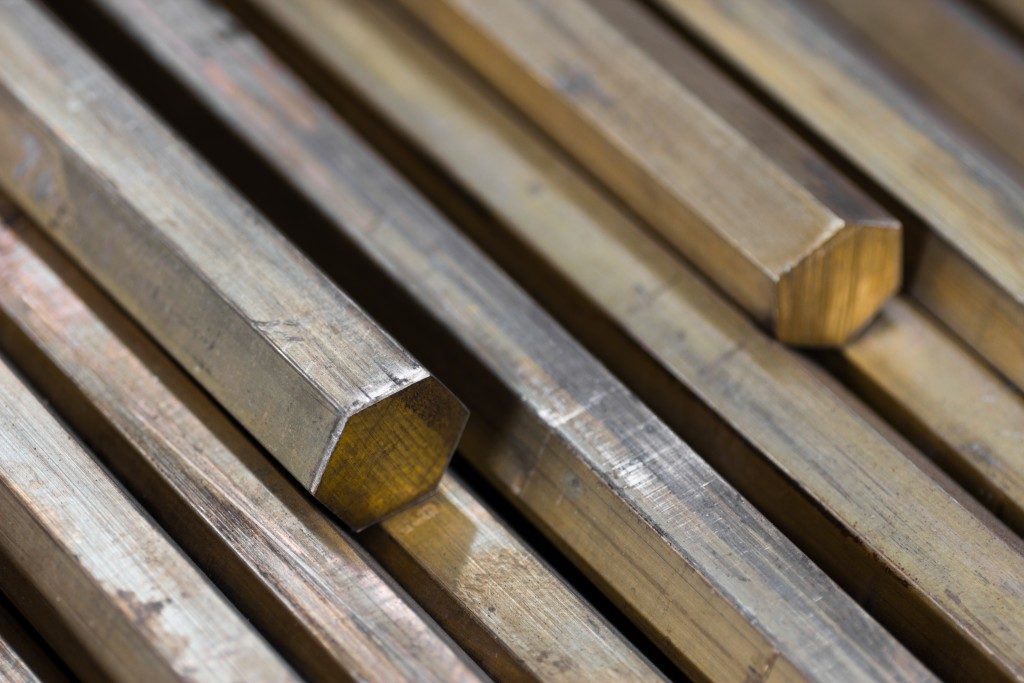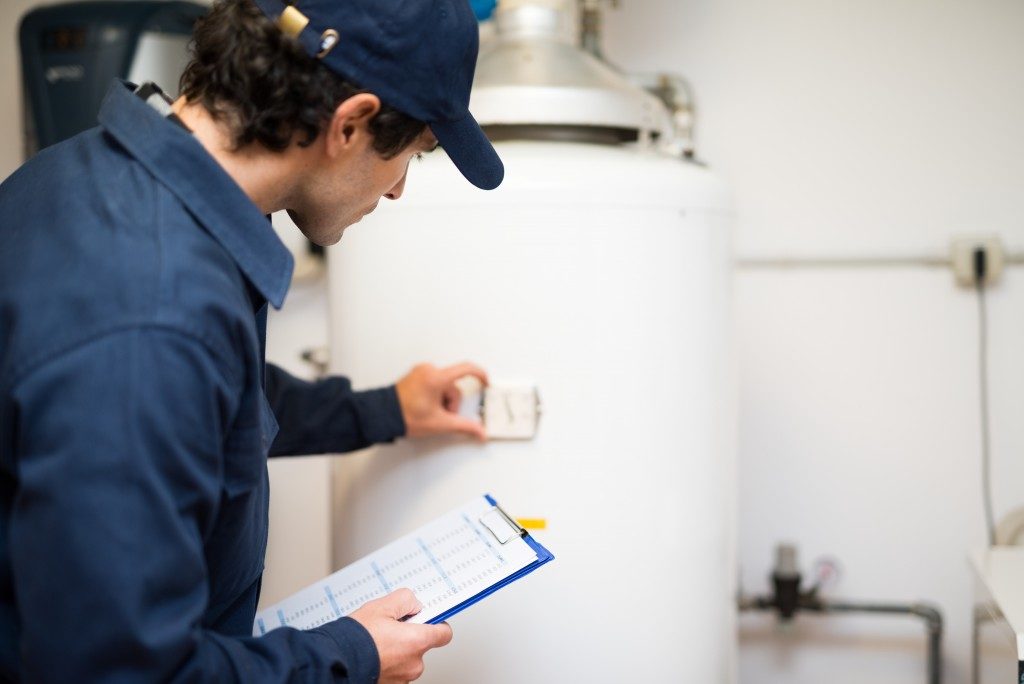Few people bother to understand the operation of their water heater unless there is an issue. Fortunately, a good and well-maintained water heater can last for at least 15 years without showing any signs of trouble. One of the most common problems you might have to deal with your water heater is corrosion. The corrosion is evidenced by rust-colored water and in extreme cases, leaking tanks.
Before deciding to repair or replace your heater, you should get a water heater repair expert from firms like Expert Plumbing, Heating, Air and Electrical in Orem to take a look and assess the cause of the corrosion. There are two leading causes of corrosion in water heaters, namely a malfunctioning anode rod and a compromised tank lining.
If your tank’s lining is compromised, then a replacement is the ideal solution. The anode rod is designed to draw rust particles from the water and protect your tank from corrosion. If it malfunctions, the rust affects your tank’s lining and contaminates the water. Here are the anode rod types a repair technician might recommend for replacement of a malfunctioned one.
Aluminum Anode
This is the conventional anode option mainly found on old water heaters. It is inexpensive and works well even in regions with hard water. Aluminum anode rods, however, are not so common nowadays owing to their link to various health issues such as Alzheimer’s. The rods also provide minimal protection against corrosion.
Magnesium Anode
This is the widespread anode rod in modern water heaters though it does not work very well in areas with hard water. Magnesium anode rods are longer lasting and offer better rust protection compared to aluminum rods with minimal effects on human health. Before installing a magnesium anode rod, it is essential to ensure there is no corrosion on your tank’s lining. This is because the magnesium can cause an electrochemical reaction with the rust particles and produce hydrogen, which will lead to leaks in your tank.
Zinc Anode
This is made of aluminum and zinc in a ratio of 1:10. The zinc in the anode primarily serves to decrease the smell of sulfur or rotten eggs in tanks with a high concentration of iron bacteria. These are commonly old water tanks in which the scent cannot be addressed by aluminum and magnesium rods. The downside is zinc anode rods are more costly compared to aluminum rods.
Impressed Current Rods
 These rods use electric current to attract rust particles. Unlike other options, the rods do not comprise a sacrificial metal and have no self-generated currents. Impressed current rods do not also need to be replaced since they do not corrode, but they should be periodically cleaned to maintain their electric charge. The rods are expensive and therefore, generally used in commercial water heaters that face a higher risk of corrosion.
These rods use electric current to attract rust particles. Unlike other options, the rods do not comprise a sacrificial metal and have no self-generated currents. Impressed current rods do not also need to be replaced since they do not corrode, but they should be periodically cleaned to maintain their electric charge. The rods are expensive and therefore, generally used in commercial water heaters that face a higher risk of corrosion.
A malfunctioning anode rod does not have to be the reason for replacing your water heater. In some cases, however, the repair expert might recommend replacing it even when a non-functional anode rod is the cause of your water heater’s corrosion. This is usually if your water heater is more than 20 years old and has other issues.

